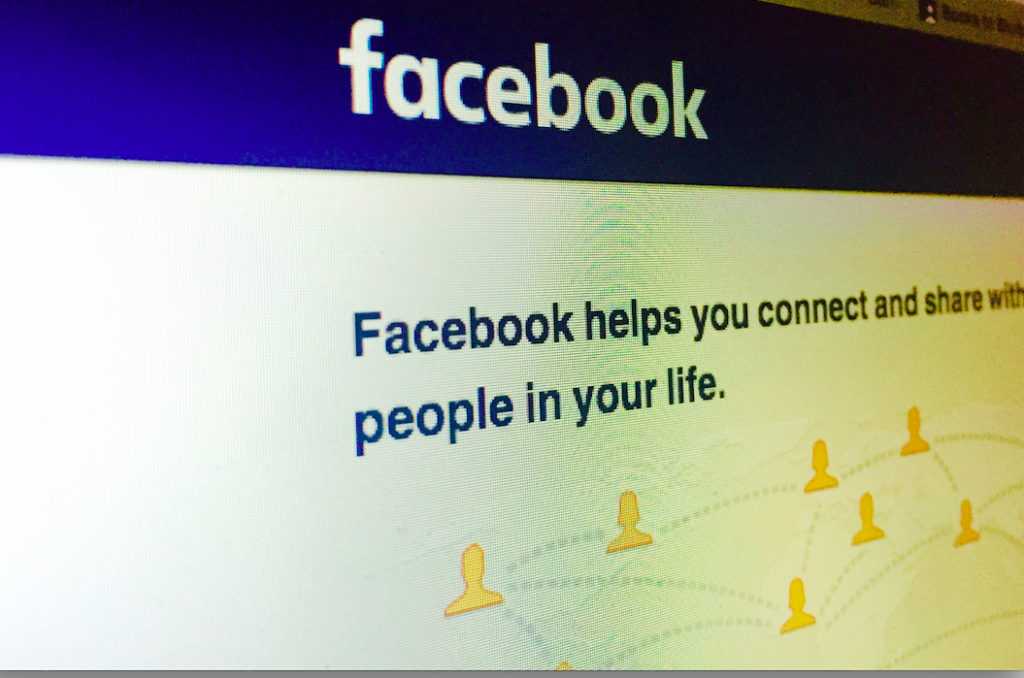Andrew Sullivan’s farewell to blogging has inspired reflection on his legacy and influence on the medium. One of Sullivan’s contributions that is not getting enough attention is his decision to disable on-site commenting on The Dish when he went independent with it back in 2007. Sullivan wasn’t the first blogger to see the disadvantages to having open forums on the blog posts, but his blog’s influence and prestige gave the comment-free policy a widespread (and controversial) hearing.
There’s little question that Sullivan is being vindicated. More and more publications, blogs and news sites are either scrapping commenting altogether or, in the recent case of Tablet magazine, charging readers a fee for the ability to leave comments on posts. Reasoning for each of this closures vary as much as the sites themselves, but two common threads are evident. First, social media is making on-site commenting threads irrelevant. Second, trolls are killing discussions.
The problem of online trolling is at epidemic levels. Respected publications, understandably not wanting to insult their readership, can be coy about admitting that their commenters have become too problematic. But serious readers who frequent blogs and web articles don’t need to be told about trolls. When Christianity Today announced last July that commenting was going to be disabled on the site’s main news articles and feature stories, the editors added, “[O]ur decision to close comments on these articles is largely driven by pleas from our subscribers and readers to do so.” Trolling has long been a feature of the more obscure corners of cyberspace like Reddit (the site responsible for releasing those compromising smartphone photos of celebrities last fall), but in the last few years, major traffic sites like YouTube have been at the center of online bullying controversies—some of them with heartbreaking conclusions.
Trolls do more than bully, however. Trolling includes posting irrelevant or ridiculous comment onto a post to start arguments or derail discussion. Troll posts are often witty and eye-catching and consequently are more likely to get responses and “Likes” from fellow commenters. This frequently results in readers with legitimate and intellectually responsible contributions being gerrymandered out of the discussion.
This can have serious consequences. When Popular Science announced in 2013 that it was disabling on-site commenting, it expressed concern that commenters looking to hijack threads were actually influencing readers. The announcement cited this New York Times piece on a study by the Journal of Computer-Mediated Communication in which participants were asked to read a fictional article and were then exposed to either “civil” or “rude” comments on the essay:
In the civil group, those who initially did or did not support the technology — whom we identified with preliminary survey questions — continued to feel the same way after reading the comments. Those exposed to rude comments, however, ended up with a much more polarized understanding of the risks connected with the technology.
Simply including an ad hominem attack in a reader comment was enough to make study participants think the downside of the reported technology was greater than they’d previously thought.
The study concluded that trolls “not only polarized readers, but they often changed a participant’s interpretation of the news story itself.” In other words, trolling is bad because it actually works.
It’s a bit ironic, then, that social media—itself often a source of online consternation—is actually coming to the rescue. When Copyblogger announced the end of its online commenting in 2012, it urged its readers to “take the conversation” to Twitter, Facebook, LinkedIn and other social media hubs. The Week closed comments last December with the same admonition for its readers. The advantages of social media over on-site commenting are obvious to any who have done both. Twitter and Facebook both have effective mechanisms for blocking spam and trolling. Readers who use Twitter can often connect with authors directly, and publications are using Facebook to host commenting threads off-site.
The only thing that is lost in this transition is the satisfaction of seeing your comment pinned onto a highly-trafficked article. It’s that awareness of high visibility, however, that makes the temptation for trolling so strong. This is why the common advice “just ignore the trolls” isn’t a good case for keeping commenting sections. It wrongly assumes that there is no relation between the medium of blog commenting and the troll impulse. But comments are not just a way for readers to be heard—letters to the editor achieve the same thing—it is a way for readers to give themselves a measure of power over the author and the writing. If commenters are given anonymity, then the temptation to exercise that power through intimidation and vitriol will be almost irresistible. The commenting system rewards users who are witty, loud, and early to the conversation over those who are more controlled, thoughtful, and measured in their responses. The system itself is the biggest troll of all.
I saw this in a clear way with own site. Much of my writing is given to controversial issues of religion and culture, issues on which I am increasingly in a minority. After having to moderate hundreds of comments, the majority of which were hostile and many viciously so, I decided to disable blog comments and instead invite readers to email me with their thoughts. Before disabling comments, any given month would see an average of around 100 or so comments. In the month since, I’ve gotten fewer than a dozen emails from readers, the overwhelming majority of which are far more thoughtful and meaningful than the comments I sifted through. That suggests to me that the desire to leave a comment on an article is not at all the same thing as the desire to be heard.
Thinkers deserve to be held accountable and writers are certainly no exception. But as in many things in life, the how matters just as much as the what. Blog commenting as it exists today is irredeemably conducive to those who want to illegitimately control information through intimidation and nonsense. It puts an unnecessary strain on editors and writers who have no obligation whatsoever to listen to anonymous sneering. The more publications that jump on the trend of tossing on-site comments, the happier readers, writers, and pretty much everyone else will be.












